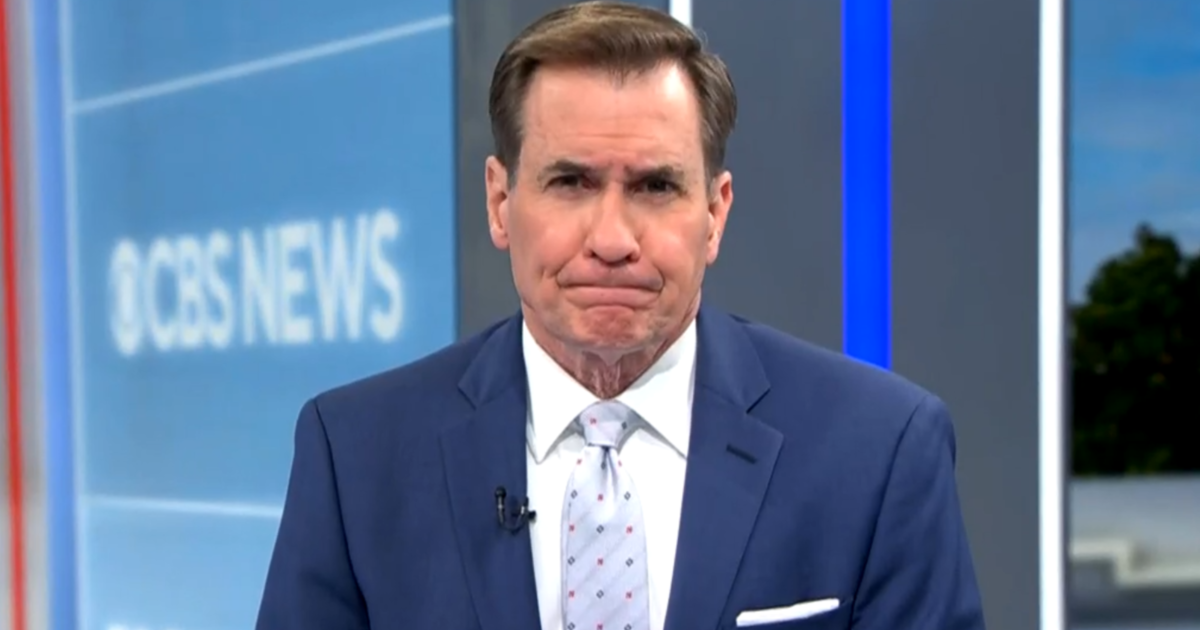The White House National Security Council coordinator for strategic communications, John Kirby, stated that Israel has informed the Biden administration that the decision to pull troops out of southern Gaza is mainly for “rest and refit.” Israel’s military confirmed that only one division remains in the Gaza Strip, indicating that the move is part of an evolution of the conflict. However, the specific reasons behind this move have not been entirely clear. Kirby mentioned that the troops needed a break after being consecutively on the ground for four months, but the future plans for these troops after rest and refit were not disclosed.
Kirby emphasized that the administration does not support a ground operation in Rafah, a densely populated area in southern Gaza, and has communicated this stance to Israeli Prime Minister Benjamin Netanyahu. Alternative options to target Hamas were discussed during virtual meetings with Israeli officials, with plans for an upcoming in-person meeting to further explore these alternatives. The administration has urged Israel to consider different approaches in addressing the conflict in Gaza while maintaining a focus on humanitarian concerns.
The ongoing conflict between the Israel Defense Forces and Lebanon’s militant Hezbollah group has raised tensions in the region. The IDF announced the completion of a phase in readiness for potential conflict along the northern border with Lebanon, indicating a state of preparedness for future military engagements. Israel’s Defense Minister Yoav Gallant mentioned that the withdrawal of troops from Khan Yunis in southern Gaza was to prepare for future missions, including activities in Rafah. The Israeli government’s actions have faced criticism following the deaths of seven humanitarian workers in Gaza.
In response to the humanitarian concerns and civilian casualties in Gaza, the U.S. has been monitoring the situation closely. Kirby stated that there have been too many aid workers killed in Israeli operations and emphasized the need for changes in how Israel operates on the ground and facilitates humanitarian assistance to Gaza. The U.S. has not observed any violations of international humanitarian law by Israel but continues to assess the situation. After President Biden’s call with Netanyahu, Israel approved the opening of humanitarian aid corridors as requested by the U.S. government.
Some members of the U.S. government, including Senator Chris Van Hollen, have called for increased accountability for Israel’s actions in the conflict. Van Hollen expressed the need for consequences if Israel disregards the requests made by President Biden. While acknowledging the president’s efforts, there is a push for a clearer enforcement mechanism to ensure compliance with humanitarian standards and avoid civilian casualties in Gaza. The discussions surrounding Israel’s military operations and the humanitarian crisis in Gaza highlight the complex diplomatic and humanitarian challenges in the region.









